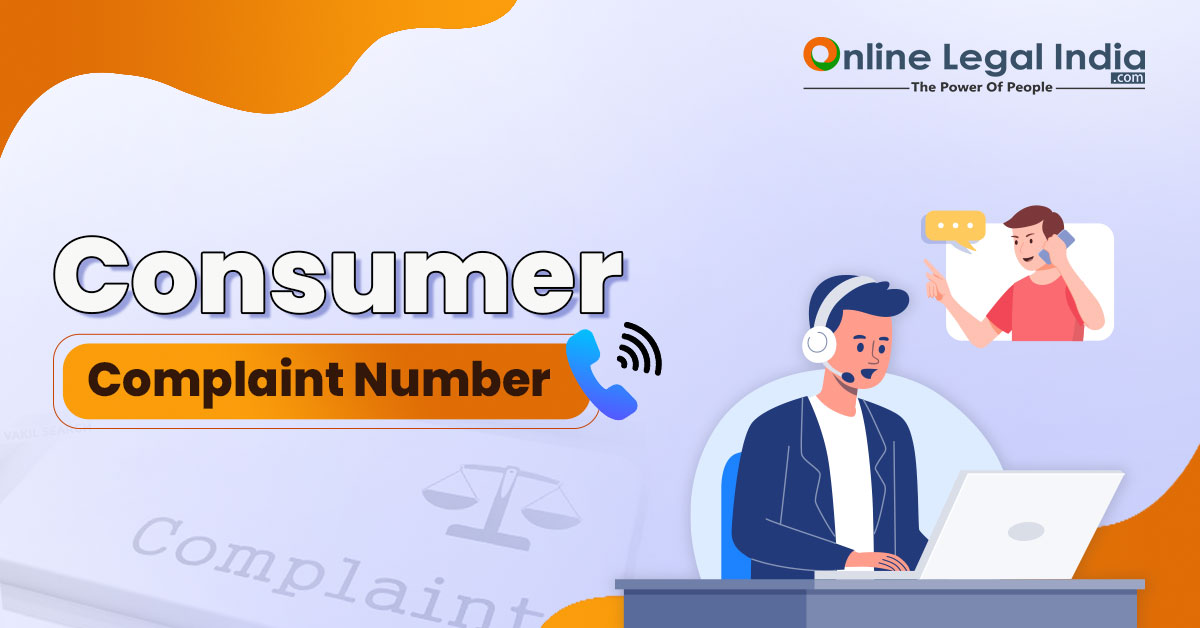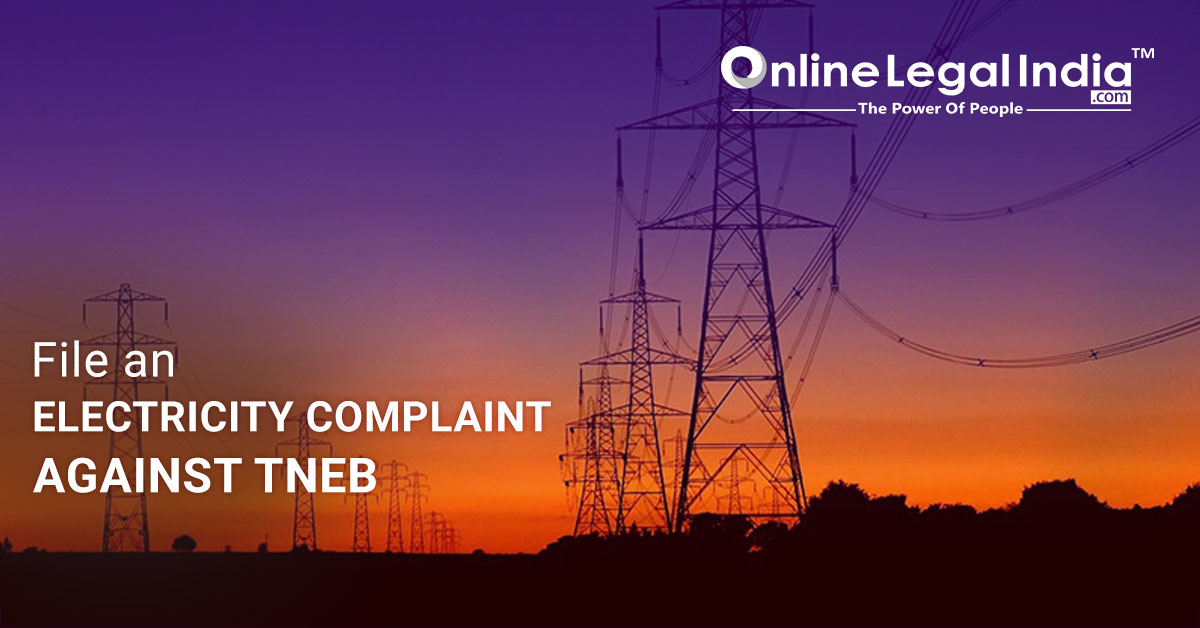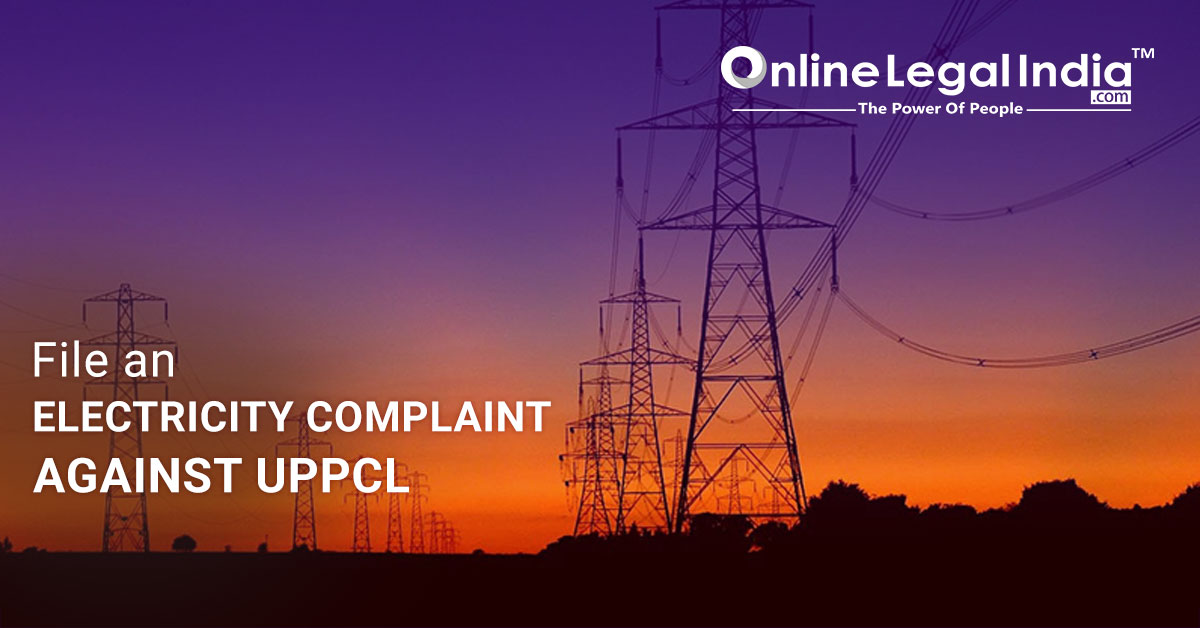IPIndia Trademark Registration: Benefits and Process
06 May, 2024

 By Online Legal India
Published On 04 Feb 2023
Category Legal
By Online Legal India
Published On 04 Feb 2023
Category Legal
The legal notice is served on the company or individual; all legal actions can be initiated. The procedure of legal notice legalises the proceedings before the Court of Law. The legal notice is the notification that was sent.
A legal notice is a legal intimation issued to the opponent, indicating that the aggrieved is planning to launch a lawsuit against the company if the demand listed in the notice is not met.
As a result, a legal notice is a formal communication to any legal entity or person informing the other party of the intention to commence legal proceedings against them.
A legal notice is considered the first step in a legal proceeding in India.
Before the legal process, a legal notice explains the goal, making the opposite party aware of the grievance. It is critical to emphasise that a legal notice is only issued in civil cases according to Section 80 of the 1908 Code of Civil Procedure.
The primary goal of a legal notice is to demonstrate the party's desire to begin legal action. In addition, the goal of the legal notice is to provide the opposing party with a chance to reassess his legal position and make revisions or offer compensation without having to go to court. According to the Supreme Court, "the goal of this provision is the development of justice and the protection of the public good via the avoidance of superfluous litigation."
The legal notification is declared served only when the recipient receives or refuses to accept it, not just by posting it. This acts as proof of receipt of the notification.
The notice aids in the resolution of issues outside of the Court. The vast majority of cases are settled before the trial even begins. The notification allows the opposing party to ponder or reconsider their position. The parties might take the appropriate steps to prevent a court fight if they believe the matter can be settled. Negotiation, mediation, or arbitration can resolve the dispute between the parties.
In India, a legal notification must have the following information:
The notification should be simple to read and should not contain any legal jargon.
The steps involved in submitting a reply to a legal notice are given below-
It is critical to thoroughly read the notice to comprehend the issue and concerns mentioned by the other party. If the receiver of the legal notice believes that the issues mentioned in the legal notice may be handled peacefully, a dialogue should be launched immediately.
If the terms of the legal notice are unclear, a knowledgeable lawyer should be consulted so that legal action can be taken. Furthermore, the receiver should preserve a record of the moment the legal notification was received, which will be useful even if the opposite party takes the case to court.
This step must be taken with caution, and the entire situation must be raised to the assigned counsel. The lawyer must be given the required information regarding the facts, time, place, incidents, and so on relevant to the matter; this allows the lawyer to prepare an appropriate response that represents the receiver's side of an argument.
Once the lawyer has drafted the reply notice on your behalf, it is transmitted through registered mail or courier. The lawyer keeps a copy of the reply notice for future reference.
The Legal Notice provides the following advantages:
A legal notice gives a warning to the offender, ensuring that he is informed of the tasks that must be done or face the penalties of non-compliance.
Both parties are provided with a fair chance to resolve their issue via dialogue, mediation, or arbitration rather than dragging the case before the Court.
Because the litigation process takes time and money, it is better to settle the case directly through the legal Notice, which is a lot quicker and faster method.
In India, anybody with the legal authority to do so can issue a legal draught. Individuals, corporations, and government entities are all included. The notice must be issued to the person or body who is the subject of the notice.
The legal notice is often served in the following situations:
A notice can be sent for a breach of HR regulations, leaving a job without resigning, committing sexual harassment at work, violating employment agreement clauses, and so on.
A notice can be sent for wrongful termination, breach of the employer's rights, unpaid wages, and so on.
Property disputes include mortgage disputes, the split of family property, the eviction of a renter on unjustifiable grounds, and so on.
Notice can be filed against the corporation that manufactures contaminated or low-quality items, negligent service, false advertising, and so on.
If the other party fails to obey the conditions of a contract or fails to fulfil the agreement in the contract, notice is issued.
A notice is issued to the debtor to recover money after some time has passed.
In the event of a cheque bounce, the issuer is notified.
Conflicts over divorce, child custody, support, and the partition of maternal property, for example, may need notice.
The templates for all of the prior legal notices are the same. Notices are often sent through registered mail, although they can be presented in person. There has recently been a trend of issuing a legal notice by online methods, which has the same impact as a notice issued via post or delivered in person.
You may do a few things if you receive a legal notification in India. First, carefully read the notification and ensure that you understand it. You should get legal advice if you have any queries concerning the notification.
Following that, you must determine how to respond to the notification. You can ignore the notification; however, doing so may result in legal action being brought against you. Alternatively, you may opt to comply with the warning and take the necessary measures. Again, you should get legal advice before making this decision.
Because there are so many contracts and agreements these days, it is customary to receive legal notice. However, it is essential to properly read the legal notice and make an informed choice on your own; if you are unable to do so, a knowledgeable lawyer should be consulted. A fast response should be provided, and efforts should be made to resolve the situation through negotiation, mediation, and arbitration rather than dragging the case to court, which would involve significantly more work, time, and money.

IPIndia Trademark Registration: Benefits and Process
06 May, 2024

How to File a Consumer Case through Consumer Complaint Number
03 May, 2024

How to Trademark your logo and protect your Brand
30 Apr, 2024

How to Trademark My Company Name in India
29 Apr, 2024

Know the Cost to trademark a name and all the fees required
23 Apr, 2024

Consumer Complaint against Tamil Nadu Electricity Board TNEB
30 Nov, 2020

How to Take Legal Action against Mental Harassment in India?
07 Nov, 2020

UPPCL Uttar Pradesh Power Corporation Ltd. Complaint Filing
19 Nov, 2020

How to File a Complaint Online in Consumer Court in India
27 Nov, 2020

Online Complaint Filing against Hero Motocorp
04 Dec, 2020